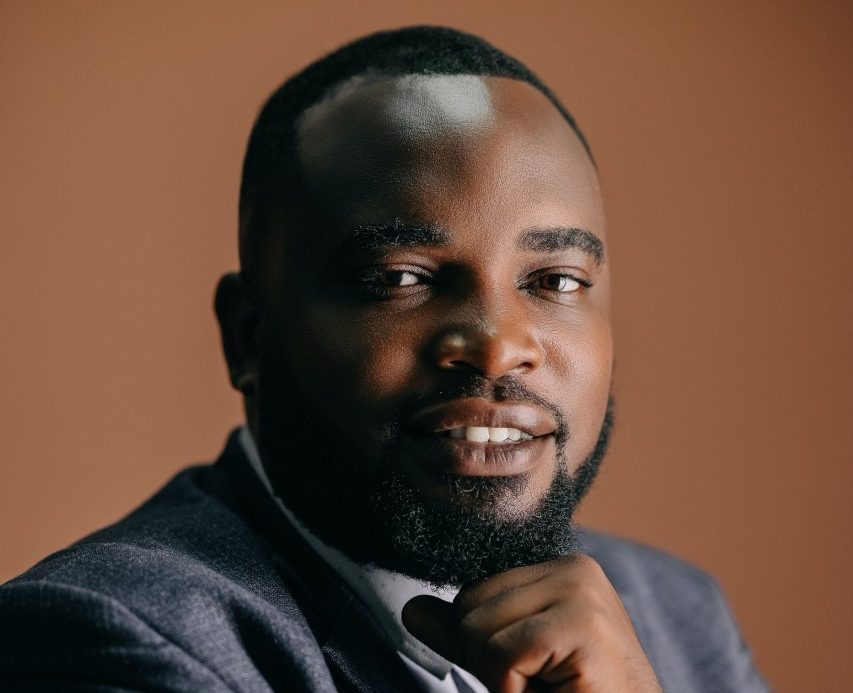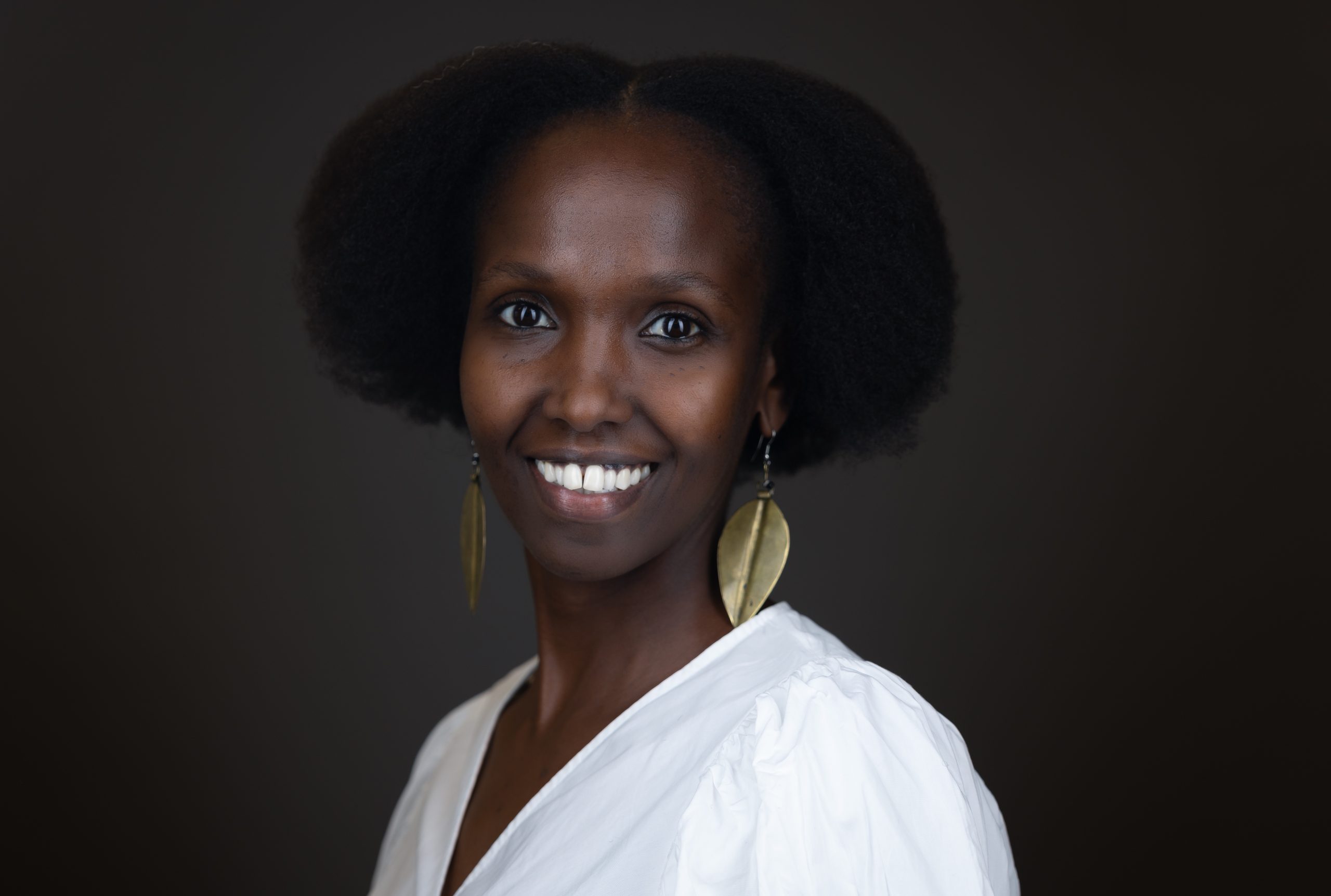Over the last few years, there has been a rise in the call for communications professionals to have a seat at the table in the CSuite. For this to happen, it is important for communications professionals to begin to operate as strategic advisors within their organisations.
In this article culled from Ragan.com, Geoff Curtis, Executive Vice President of Corporate Affairs and Chief Communications Officer at Global Biotechnology Company Horizon Therapeutics, shares five things communications professionals can do to add value to the CSuite as a trusted advisor.
Learn the business
Today’s top communication professionals dig deep to understand their company’s products, customers, competitors and industry and translate that into strategic storytelling.
According to Curtis, knowing every aspect of the business makes you a more valuable advisor to leadership. If you know what drives results, you can build communications that support business objectives.
“It can often be hard to track the ROI for communications but knowing what’s most important to your company helps you explain where your work can bring greater value,” Curtis says.
Participate on the bigger team
“I tell my team that we don’t work for our department – we all work for Horizon,” Curtis says, explaining the importance of being a strategic counselor to the business. He recommends adopting an enterprise mindset and constantly collaborating, thinking across business functions° while asking, “What else can we do? Who else needs to know?”
Curtis emphasizes the importance of making yourself visible and known within your organization. You can put yourself on the company’s radar by showing enthusiasm and initiative so that you’re remembered and considered for new projects and opportunities.
Explore the open space
In every job, there are things you do well and other aspirations you’ll never pursue because of lack of time, budget or buy-in. Whenever possible, explore that open space and push yourself to think differently and engage in new practices. Curtis describes it as “broadening your personal portfolio.”
Similarly, you should keep an open mind when other people bring new ideas forward. Support an environment where inspiration flows and every new idea is a potentially great one.
“Creativity is not just artistic ability, but also an ability to think differently,” Curtis says. “Think beyond the obvious barriers and be more creative.”
Emphasize inclusivity and fun
Embrace diversity of experience, thought and background when building your team, assembling a cross-functional committee or special project team.
“Let it be known you’re actively looking for new stories to tell,” says Curtis. “You’d be surprised where you find great ideas.”
And when you find a great idea, pause to recognize it. Have fun together as a team. It helps foster connections and also increases your confidence.
Don’t be afraid to fail
If you don’t fail occasionally, it means you’re not thinking big enough. Turn your fear of failure into the freedom of failure.
“We can always figure out what went wrong and make something better next time,” Curtis says, “but we can’t fix what was never attempted.”
Giving yourself permission to fail also means admitting when you need help.
Click here for the full article on Ragan.com.





